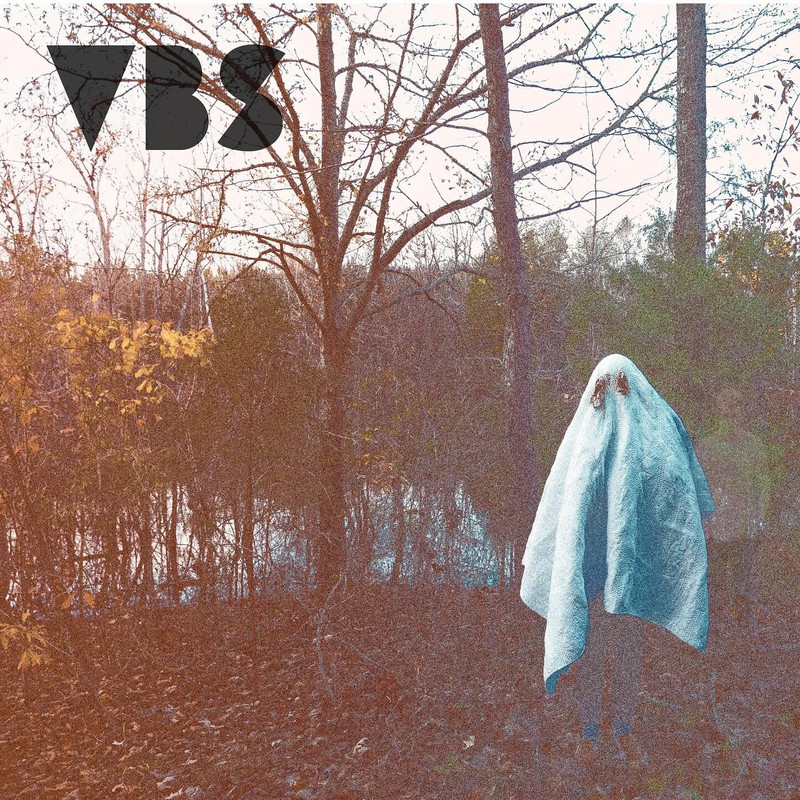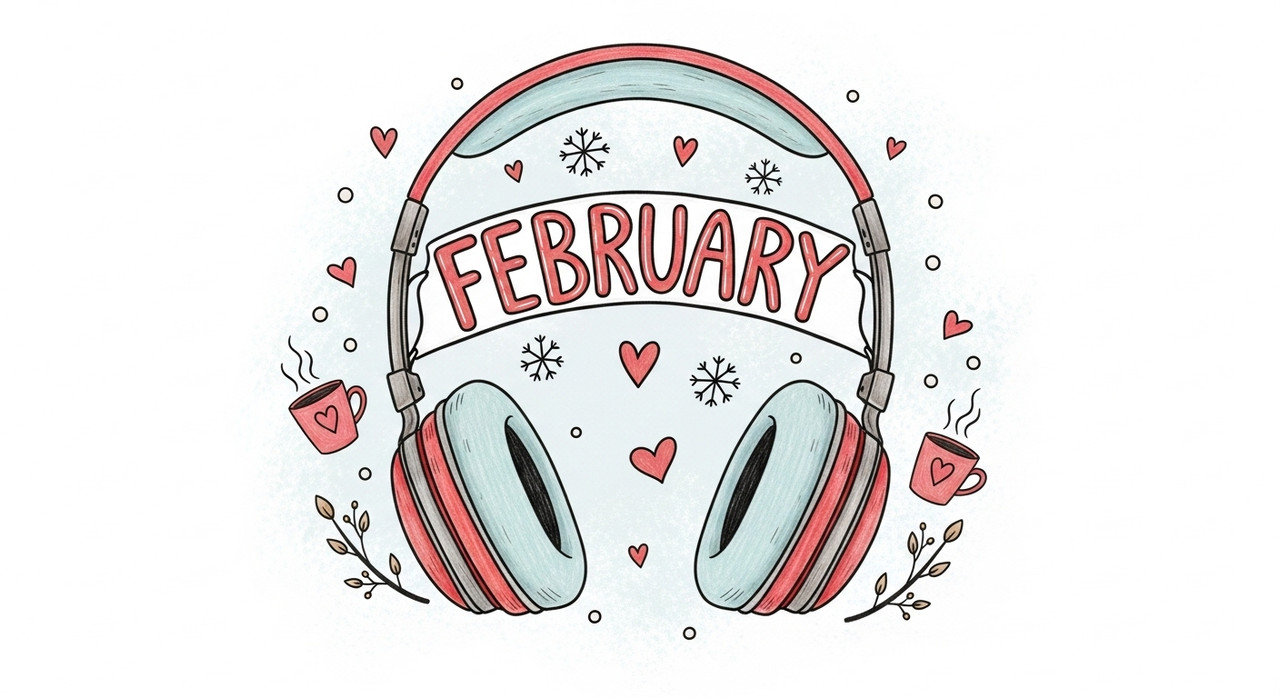
https://www.facebook.com/profile.php?id=61564108224138
From: South Carolina
Sounds like: Indie Rock
1. How did you get started with music and how did you develop your sound?
I started singing at a young age, and picked up the guitar when I was around 14.I played in youth group and led chapel in school. My first real band, ‘Papa Stan,’ formed during high school, and since then, I’ve started several other projects. The members have changed over the years, but the core sound has always stayed somewhat consistent — though it continues to evolve as we all grow and experiment with new influences.
2. What do you want people to take away from your music?
I want people to take away a sense of connection — not just to me, but to each other. I think music can be a mirror for things we often don’t talk about, the questions and emotions we’re too scared to ask or face. I hope my songs can open up those conversations, give people permission to think or feel things they might not normally express. It’s about being real, even when it’s uncomfortable.
3. How would you describe your sound to the average listener?
That’s always been a tough question for me to answer, but if I had to put a label on it, I’d say it’s definitely indie alternative rock. There’s a bit of everything in there — pop punk, post-punk, blues — it’s like mixing different genres that feel real to me. It’s got that raw energy, but also moments of reflection, and I try to make each track something you can connect to, whether it’s a burst of energy or something more introspective.
4. Who are three bands you’d like to tour with?
Hmmm that’s tough, If I could tour with three bands, off the top of my head it’d be Manchester Orchestra, Dr. Dog, and Pedro the Lion. Each of them has such a distinct sound, but they all bring that raw emotional energy that I love. Manchester Orchestra’s intensity, Dr. Dog’s laid-back groove, and Pedro the Lion’s introspective storytelling — I think we’d create a really unique vibe on stage. Plus, I’m a huge fan of all their music, so it would be a dream to share the road with them.
5. What's your thoughts on AI generated music?
I don’t see AI-generated music ever fully replacing real humans creating music, at least not in my lifetime. Sure, AI can mimic patterns and generate sounds, but there are some human aspects of music — the emotion, the storytelling, the imperfections — that can’t really be faked. Music is so personal and rooted in experience, and I think that’s something an algorithm can’t replicate. It’ll be interesting to see how AI evolves in music, but I still believe the heart and soul of it will always come from real people.
6. What’s your take on the current state of Indie Rock?
It’s definitely not 2005-2015 anymore, but I think that’s a good thing. The indie rock scene has shifted, and while it’s not the same era of blog hype and garage band breakthroughs, there’s still some incredible stuff happening. Seeing newer bands and songwriters like Geese, Medium Build, Phoebe Bridgers and The Backseat Lovers (to name a few) get the recognition they deserve is really exciting. It feels like there’s a new wave of artists pushing boundaries and staying true to themselves, and that’s what keeps the genre fresh.
7. What’s the current music scene like there in South Carolina?
Where I’m from in Greenwood, SC, it’s mostly cover bands or country artists, which is typical for a small town. But we’ve got some amazing musicians and songwriters here who are doing their own thing, and I think that’s pretty special. As for South Carolina in general, I feel like the music scene is really rebuilding after COVID. It’s definitely starting to pick back up, and there’s a fresh energy in the air. People are out there creating again, and I think the scene’s only going to keep growing.
8. What’s your take on the royalties that streaming services pay out to artists?
I think labels, streaming services, and a lot of the music industry as a whole have been taking advantage of artists for a long time. It’s frustrating, especially when you look at how little artists make from streaming royalties compared to what the platforms rake in. The upside is that it’s cut down on piracy, which is good for the industry overall. But the reality is, music is a tough profession. It’s hard enough to make it, and even tougher to do it alone, without the support of a team or a label behind you. It would be great to see more fair compensation for artists, especially in the streaming era.
9. What’s next for VBS?
Next for VBS, we’re focused on finishing our debut album, Country Club Christian, and then booking some shows to get out there and play for people. We’re just going to keep doing what we love — staying true to ourselves and staying honest with the music we make.
10. Any shoutouts?
Shoutout to Kenny Williams at Archer Avenue in Columbia for recording and mixing our first three singles. Big thanks to Custom Audio for helping us get our shows out there. And of course, to everyone who’s taken the time to listen, like, share, or support our music in any way. Also, a few local bands that deserve recognition: Winners, The Old Earthquake, and The Mezz.

